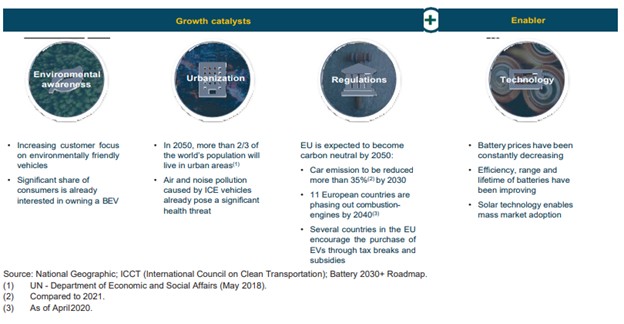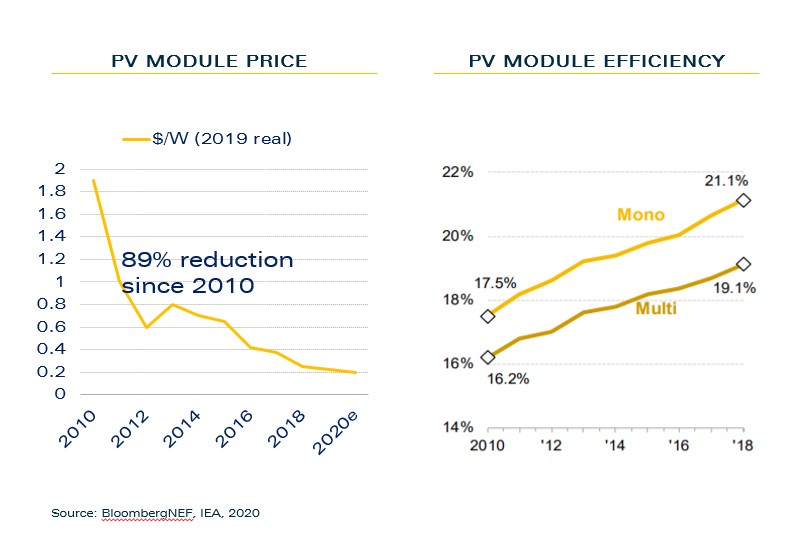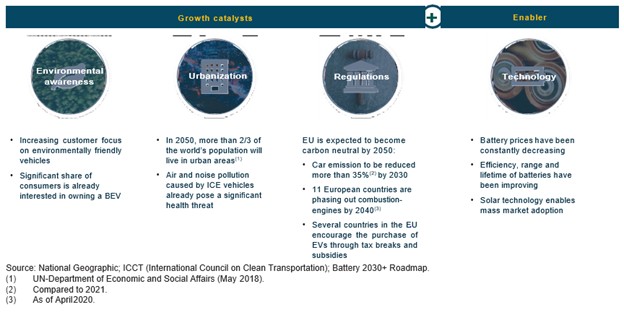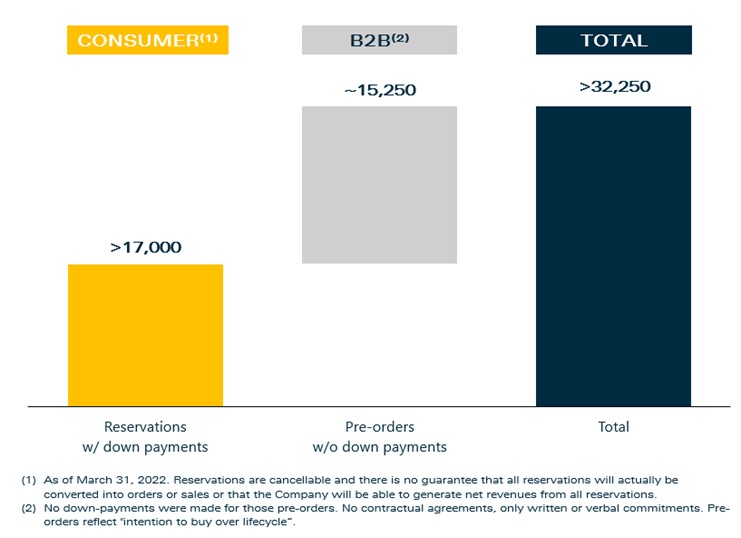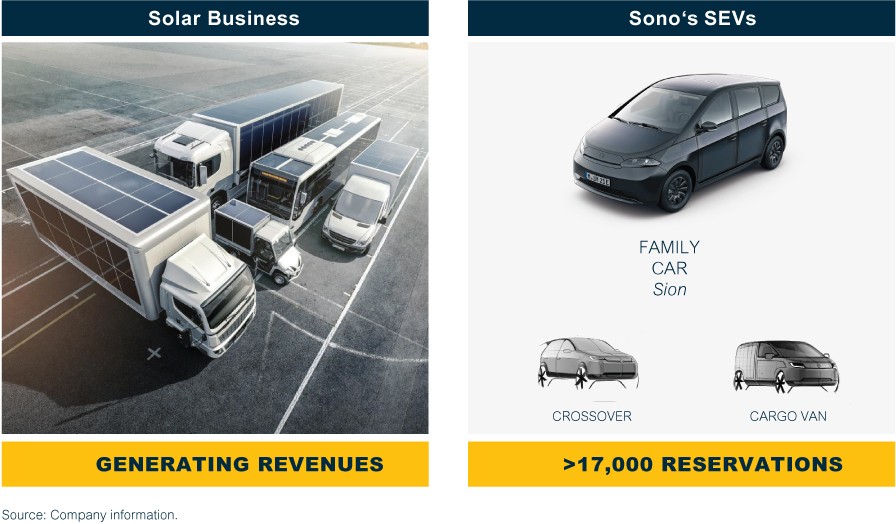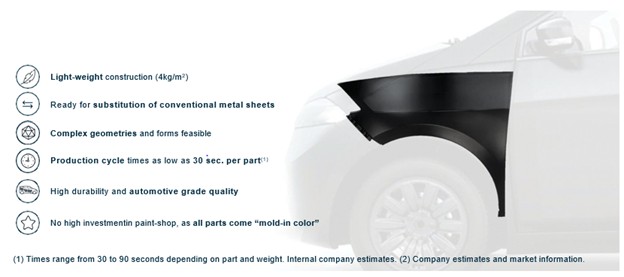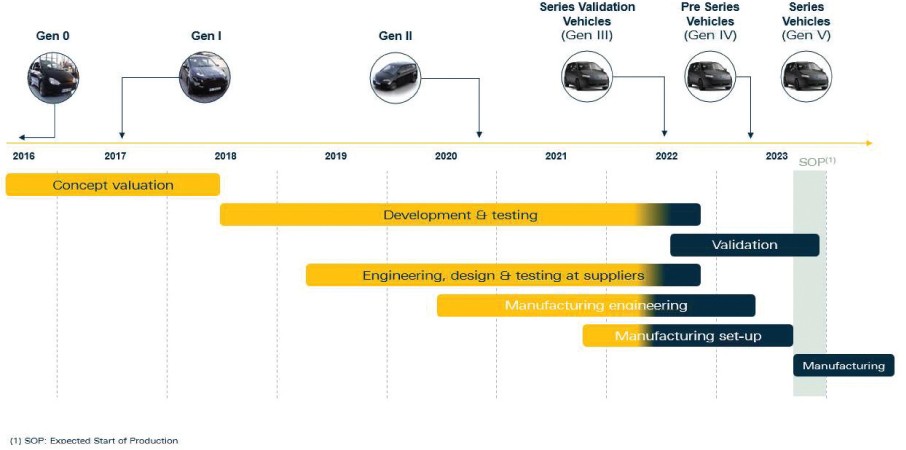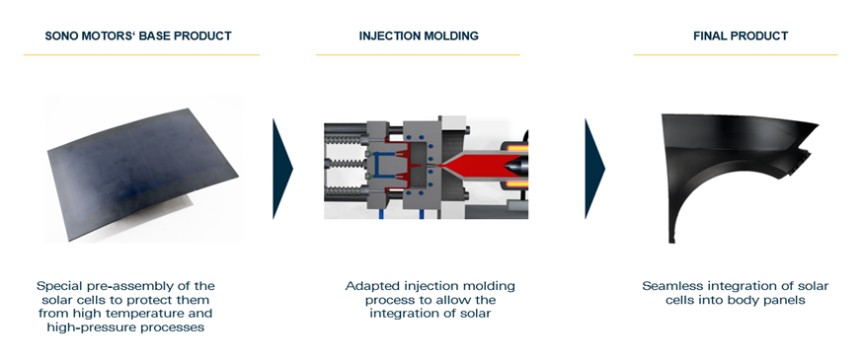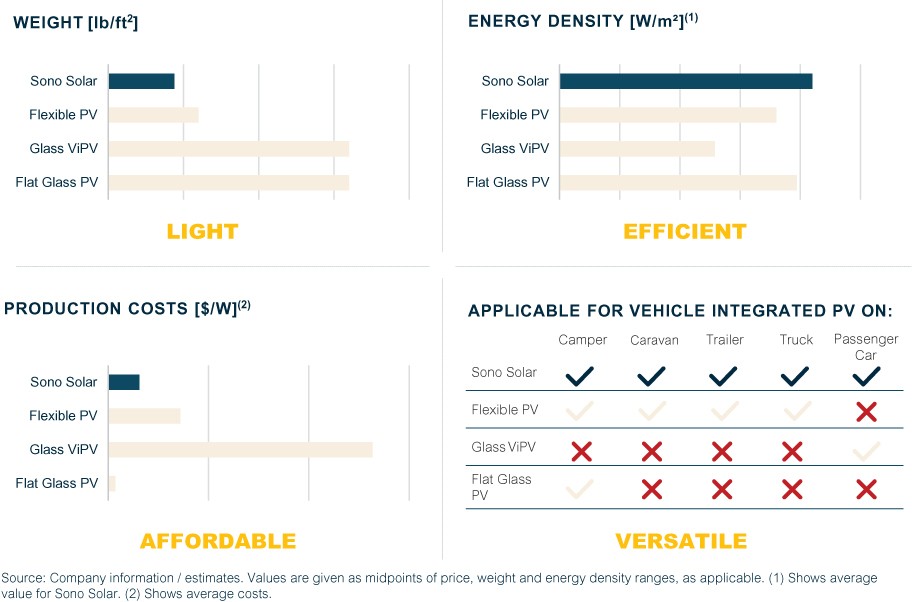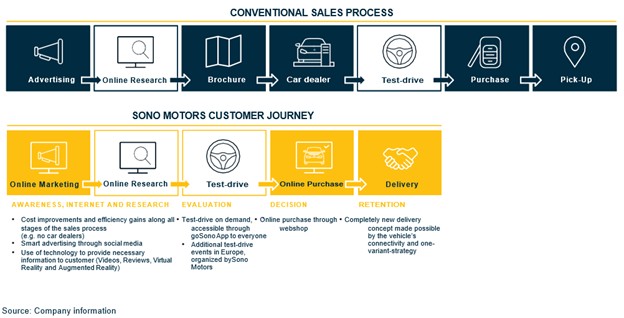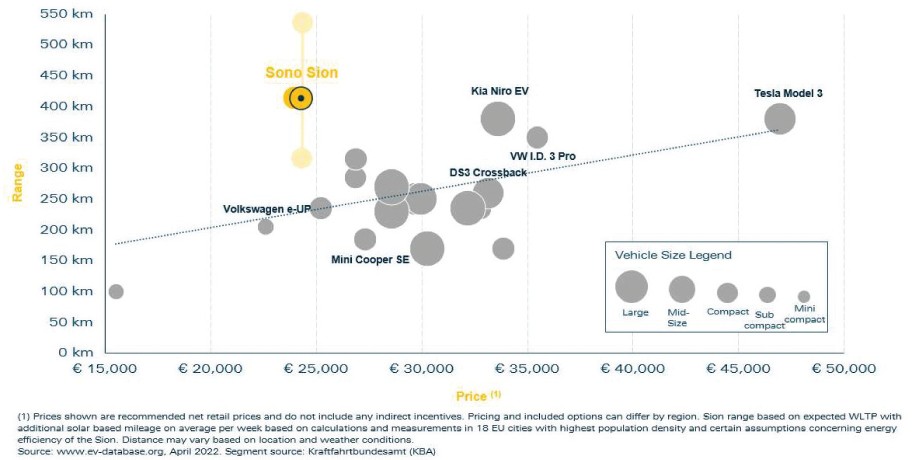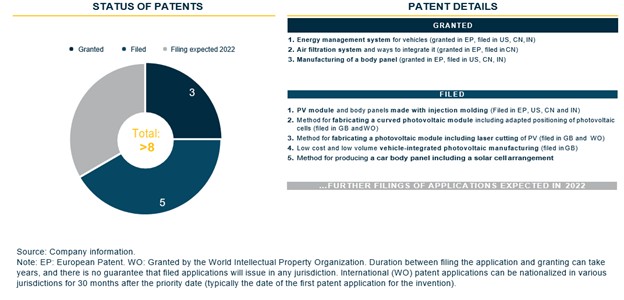vehicles or electric vehicles in general. Furthermore, changes to the regulations governing the assembly and transportation of battery cells could increase the cost of battery cells or make such commodities more difficult to obtain.
To the extent laws change, our vehicles may not comply with applicable international, national, regional or local laws, which would have an adverse effect on our business. Compliance with changing regulations could be burdensome, time consuming and expensive. To the extent compliance with new regulations is cost prohibitive, our business, prospects, financial condition and operating results would be adversely affected.
We may face regulatory and other challenges attempting to sell our vehicles directly to customers.
Our business plan includes the direct sale of the Sion to our customers via pre-orders that can be placed on our website in order to provide a cost-efficient marketing approach and save dealer margins. Certain jurisdictions, which may become relevant for our operations in the future, require a license to sell vehicles within that jurisdiction, prohibit carmakers from directly selling vehicles to customers or require a physical dealership within that jurisdiction to deliver vehicles to customers. We have not performed complete legal analyses for all potentially relevant jurisdictions in which we may sell our vehicles.
As a result, we may not be able to sell and deliver our vehicles in each relevant jurisdiction where we, currently or in the future, plan to market our vehicles, which would adversely affect our business, prospects, financial condition and operating results. In addition, the online-based marketing and sale of our vehicles to our customers may trigger local taxing obligations for our customers or us, depending on the jurisdiction from which a car is ordered, which we may not have yet considered and may make our option less attractive to customers in key markets or impose additional financial burdens.
Furthermore, our distribution model is not common in the automotive industry today and is relatively new and unproven, therefore subjecting us to substantial risk as it requires, in the aggregate, significant expenditures and provides for slower expansion of our distribution and sales systems than may be possible by utilizing the traditional dealer franchise system. For example, we will not be able to utilize long established sales channels developed through a franchise system to increase our sales volume. Moreover, we will be competing with car manufacturers with well established distribution channels. Established car manufacturers or dealer associations may challenge or litigate any governmental license or other authorization allowing us to directly sell our vehicles or may engage in regulatory and/or legislative efforts to interpret laws or propose laws that, if enacted, would prevent us from directly selling our cars to customers. Our success will depend in large part on our ability to effectively develop our own sales channels and marketing strategies. Any workaround to realize our direct sales strategy could add significant complexity and, as a result, costs to our business.
We are subject to various environmental laws and regulations that could impose substantial costs upon us.
Our operations, are or will be subject to international, national, regional and/or local environmental laws and regulations, including, in the jurisdictions in which we intend to sell our products, laws relating to the use, handling, storage, disposal and human exposure to hazardous materials (including the German Federal Soil Protection Act (Bundes-Bodenschutzgesetz), the US Comprehensive Environmental Response,Compensation and Liability Act, Regulation (EC) no. 1907/2006 (REACH), or CERCLA). Furthermore we will be affected by the Extended Producer Responsibility (ERP), a EU policy approach under which producers are given a significant responsibility — financial and/or physical — for the treatment or disposal of post-consumer products. Environmental and health and safety laws and regulations can be complex, and we expect that we will be affected by future amendments to such laws or other new environmental and health and safety laws and regulations, which may require us to change our operations, potentially resulting in a material adverse effect on our business, prospects, financial condition and operating results.
These laws can give rise to liability for administrative oversight costs, cleanup costs, property damage, bodily injury, fines and penalties. Capital and operating expenses needed to comply with environmental laws and regulations can be significant, and violations may result in substantial fines and penalties, third-party damages, suspension of production or a cessation of our operations.
We may be involved in legal proceedings based on the alleged violation of intellectual property rights, such as patent or trademark infringement claims, which may be time-consuming and cause us to incur substantial costs.
Technological innovation will be a crucial aspect of success on the electric vehicle market. We have been granted three patents for our technologies and intend to continue to file additional patent applications in the future. As the number of competitors in the electric vehicle market increases, and as the number of patents issued in this area grows, the possibility of patent infringement claims against us increases. While we are not aware that our technologies infringe the proprietary rights of any third party, we do not

